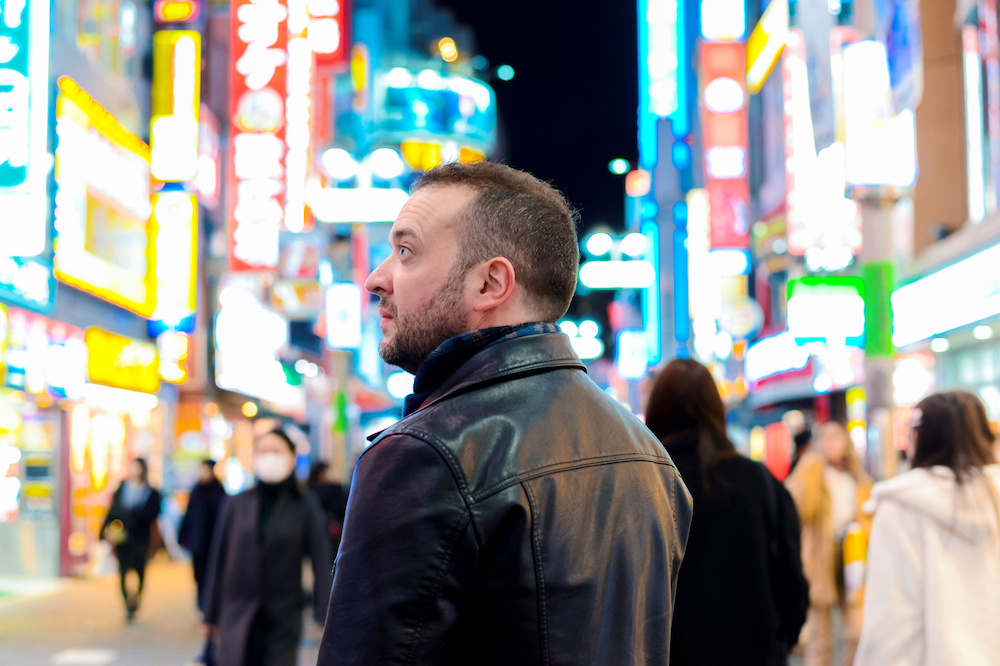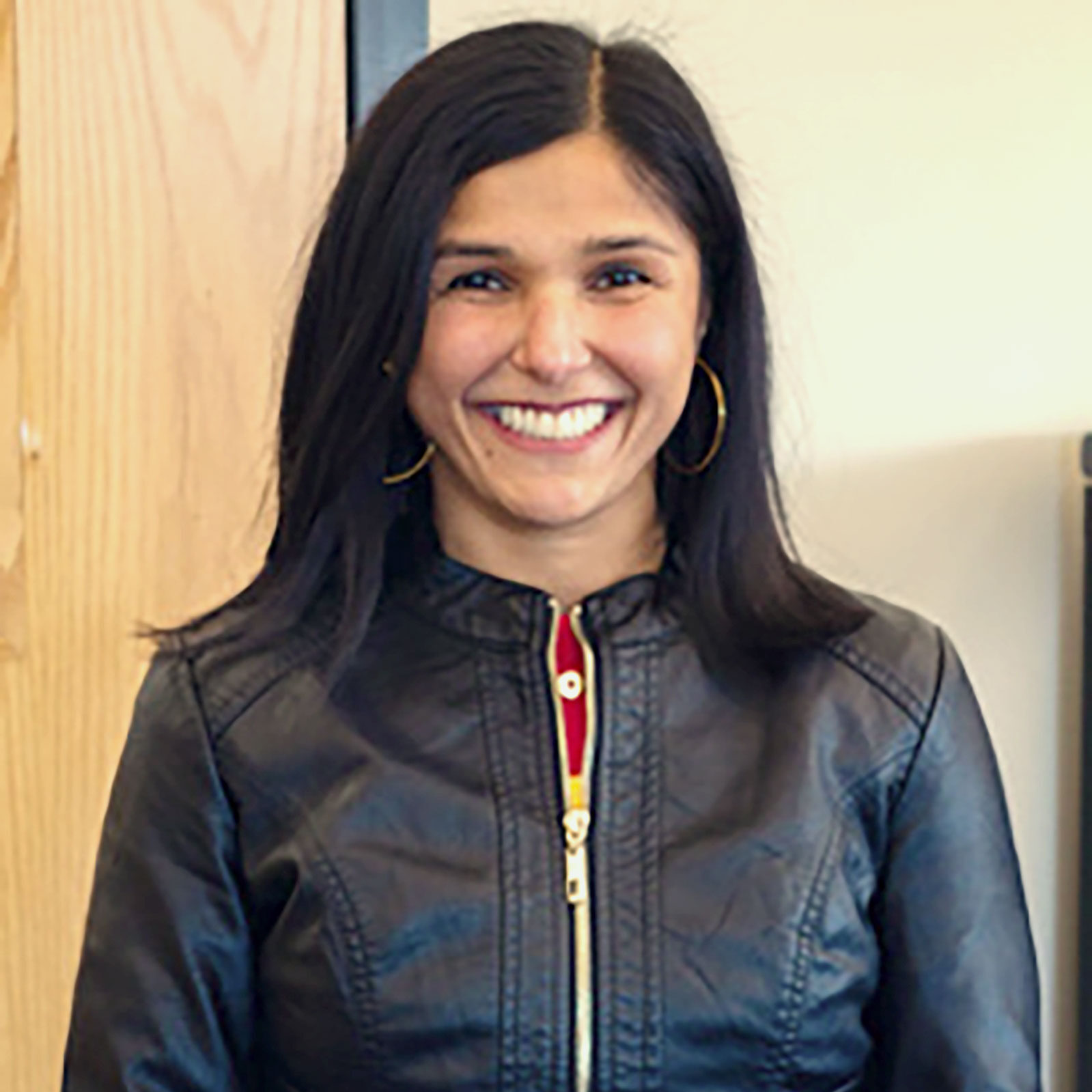Alexandre Fontaine ALM ’21, the 2022 winner of the Derek Bok Public Service Award, has dedicated years of inspiring work to supporting communities in Ukraine. He started studying at Harvard Extension School in 2016 while serving in the military. During his time at HES, he was primarily learning about journalism and international security. These are skills he utilized greatly while living in Ukraine. Fontaine’s book “Talking to Ukrainians” chronicles his time living in Ukraine and the eye-opening discoveries about the people and their resiliency through tremendous hardship and adversity. All proceeds from the book are donated to Ukrainian Charities. Alexandre also tells us why he is #HESProud!
Q: Give us a short summary of what your book is all about.
A: As part of the Canadian assistance mission within the country, I lived in Ukraine for a period of approximately six months. Writing about my experiences and interactions, I documented Ukrainian viewpoints from as many walks of life as I could, ranging from soldiers, farmers, hotel receptionists, or senior citizens. While the military invasion on the part of the Russian Federation is discussed, I wrote about Ukrainians in a larger sense as to provide a window into their world. My aim was to explain to outsiders just what they would see should they visit Ukraine and, more importantly, talking to people they would encounter. My book details my experiences within Ukraine, explaining in an honest, straightforward manner how Ukrainians see others and, as best as I could as the outsider, how they see the future of their country.
Q: What inspired you to get involved with this work?
A: It seemed to me that much has been written about Poland and the Russian Federation (or legacy USSR studies), though little, in comparison, has been written about Ukraine. What first inspired me to write about Ukraine was to highlight a nation and a people that, in some ways, differ wildly from their neighbors, with a history that is uniquely their own. As a Canadian, over a million of my fellow citizens are of Ukrainian heritage. I also bring first-hand experience since I lived in Ukraine, and my hope is this helps others understand their origins better.
Yet, when the Russian Federation openly invaded Ukraine, my reasons to get involved changed from education to largely fundraising.
Q: What do you want people to know, and how can they help?
A: Ukraine fights bravely against an adversary several times its size, and most geopolitical analysts predicted that Kyiv would fall in a matter of a few days, maybe a week. How wrong they (and I suspect most of the world) were in underestimating the resolve and patriotism of the Ukrainian people. Of all the people I’ve met and worked with, Ukrainians stand alone in their persistence, dedication, and commitment to defending their democracy in the face of unspeakable challenges.
Past that overture, there are two things I’d like to highlight in what I’d like people to know, and how they can help.
The first thing I’d like to say is that all profits from sales of my book are directly donated to Ukrainian charities. To state in a slightly different way, it’s important for me to mention that I make absolutely no money from book sales.
On that note, if you’d like to help in assisting Ukrainian charities, please consider purchasing a copy of my book, available on Amazon under the title ”Talking to Ukrainians: An Outsiders Perspective.” Allow me to emphasize the emphasis that these funds go to providing clothing, shelter, and food to those relocated from their homes.
The second thing I’d like people to know is the importance of remembering that Russians, as a people, are not the Russian Federation. Ukraine has a very large Russian minority, and they are absolutely Ukrainian by citizenship, patriotism, and commitment. Often, I find that the casual observer forgets that where most of the fighting in Ukraine occurs is between individuals that share Russian as a mother tongue; to say that the Russian Federation is even mildly representative of Russians throughout the world is simply not true.
Q: Why are you #HESProud?
A: HES has given me the tools to chronicle the lives of others in a realistic, accurate way, always seeking to do better each time you interview someone. Journalism being my field of study for my ALM, the wealth of resources and quality instructors at HES are second to none. Having colleagues that hail from as far away as Hong Kong to as close as Ottawa, HES is very much at the forefront of Harvard, as the wealth of diversity in points of view only adds to the HES experience.
I’m #HESProud for so many reasons, though if I could sum them up in a few sentences:
I used to write, now I write well.
I used to think, now I truly appreciate learning.
I used to view studies as jumping through a set of hoops to get an education, and because of HES, I now see education as a lifelong journey, one best served in the company of friends.

